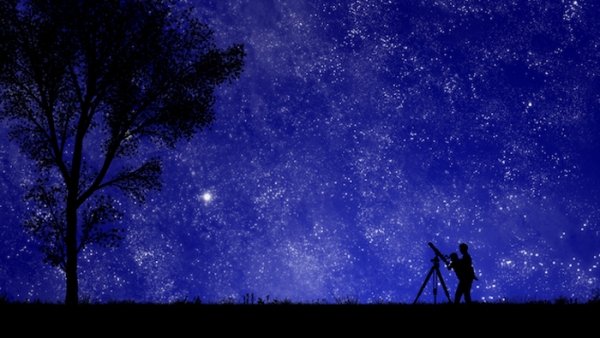
Muscat: A workshop on Astrophotography, the first of its kind in Oman, will be held at the Oman Avenue Mall today. Astrophotography, like all areas of photography, has changed significantly in the digital age.
The workshop will be led by Babak A Tafreshi, an award-winning photographer working with the National Geographic magazine, who captures the world at night and merges art and science, connects the Earth and sky in elegant nightscape views.
Tafreshi is also the founder and leader of The World at Night or TWAN (www.twanight.org) international programme, which tries to reconnect people with the night sky as a natural heritage and important element of our life, using some of the world’s best and pioneer nightscape photographers.
TWAN has promoted the idea broadly across the world since 2007 and many in the astronomy and art community now refer to this type of photography as TWAN-style.
During the past two decades, nightscape photography has developed from being Tafreshi’s teenage hobby to a professional skill—and then to an international programme.
For him, nightscape photography is about more than just recording a part of outer space or our environment; it has become a lifestyle where he starts working when “normal” people enjoy parties, watch TV or go to sleep.
“The night sky is my second home,” Tafreshi said.
“Sixty to 90 nights of the year I am doing night sky shooting and the night sky is very calm and peaceful,” he added.
He also said that the places which are packed and noisy in the daytime have a completely different atmosphere at night.
“You are connected not only to nature, but also to the universe, and that’s a very unique feeling for me,” Tafreshi said.
Tafreshi is also a freelance science journalist and astronomy communicator using all media.
As a science photojournalist he frequently works with the Sky & Telescope magazine and the European Southern Observatory (ESO).
Photography, science stories, and eclipse chasing has taken him to all continents. Born in 1978 in Tehran, he is based in Boston, United States (and previously in Germany), but could be anywhere on the planet seeking stars capes.